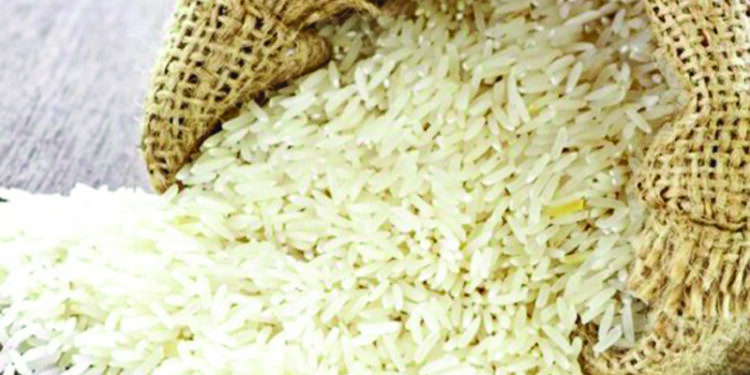NE NEWS SERVICE
NEW DELHI, OCT 23
The government has decided to supply fortified rice in schools covered under the mid-day meal programme as part of its effort to fight malnutrition, Food Secretary Sudhanshu Pandey said on Friday.
The rice will be fortified with three micronutrients – vitamin B12, iron and folic acid, he said.
Addressing a seminar organised by industry body PHDCCI, the secretary noted that micronutrients play an important role and said the government is focusing on this area.
“…Formative years of child are extremely important. Therefore, all children who are attending ICDS (Integrated Child Development Services) centres and all children who are attending schools and are covered under the mid-day meal programme, they should get fortified rice,” Pandey said.
He informed that the Department of Food and Public Distribution had good interactions with the Ministries of Women & Child Development as well as HRD (Education Ministry).
“We decided that across the country all ICDS centres and all mid-day meal programmes will be supplied with fortified rice. These fortified rice will carry three micronutrients – B12, iron and folic acid,” the secretary said.
This would supplement the government’s effort towards fighting the menace of malnutrition, Pandey said.
The secretary highlighted that the government has distributed around 10 lakh tonnes of pulses and chana during this COVID pandemic to provide nutritious food to people through rations shops.
Pandey said India runs the world”s biggest food programme in the form of National Food Security Act (NFSA), that gives a legal entitlement to 81 crore beneficiaries covered under this law.
He said all ration cards have been digitised and 93 per cent have been linked to aadhaar numbers.
“This food programme we have not been able to achieve (is) what we aspire for, but we are on a steady path. The country is very massive, challenges are huge but with intervention of technology we are moving fast,” Pandey said.
Talking about the relief measures taken by the Centre during the pandemic, he said the government has launched a massive programme to provide free rations to 81 crore people covered under the NFSA.
Despite lockdown and problem of labour and logistics, he said the central government is distributing over 80 lakh tonnes foodgrains per month since April onwards, and described the massive exercise as “unprecedented”.
Generally, the Centre distributes around 550 lakh tonnes of foodgrains annually under the NFSA and some other welfare schemes, he added.
Quoting a third party evaluation to assess the implementation of this programme, Pandey said the satisfaction level has been more than 94 per cent, which is extremely good for a programme of this scale.
The secretary also highlighted that the Centre is providing higher quantity of foodgrains to poorest of the poor which is about 10 crore people.
“Despite these interventions, India’s ranking on the global hunger index leaves much to be desired,” Pandey said.
This, he said, is because of variety of factors and focus has to be on overall balanced diet and not only carbohydrates and protein.
Pandey said the food law provides that India must move first towards food security and then nutritional security and health security.
Expressing satisfaction over the progress of implementation of the food law that was passed in 2013-14, the secretary said India has become surplus food country and is in position to not only meet its own requirement but also export and provide food aid to other countries.










